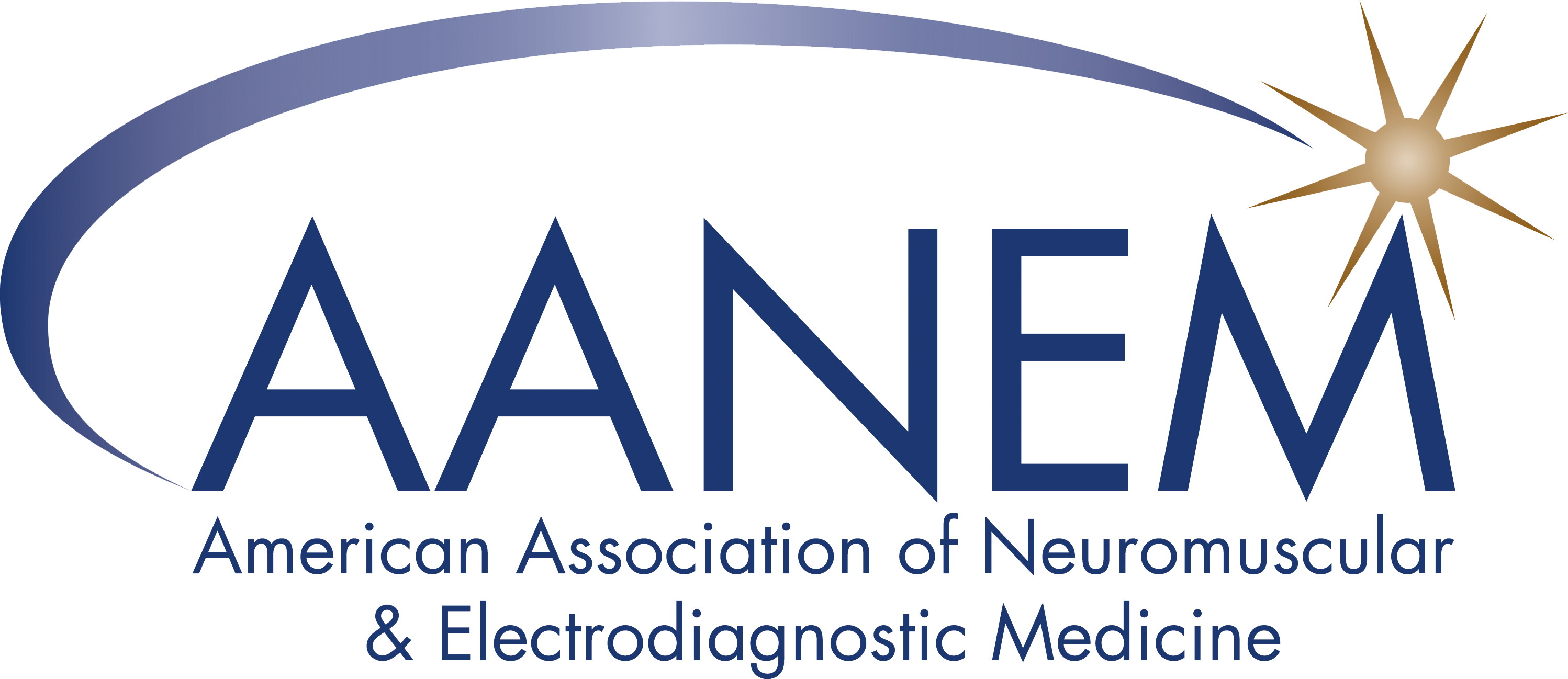Neuromuscular Medicine Fellowship Portal
Login to Apply for FellowshipsBack to Fellowships Listing
Fellowship Details
Stanford University NM Fellowship – Pediatric Track
213 Quarry RoadMC5979
Palo Alto, CA 94304


Training Program Director
Sarada Sakamuri, MD
Training Program Coordinator
Tessa Roth
Other Staff
Associate Program Director: John W. Day, MD, PhD
Associate Program Director: Kenneth Leung MD, MS
1 Pediatrics Fellowship position for the 2026-2027 Fellowship Year.
Considering: Neurology & PM&R Candidates
3 Letters of Recommendation requested for applying
Open House: 1/28/25 7:00 PM CT ((5:00PM Pacific Time via ZOOM)) Join Open House
*Few notes:
1. Join us for our fellowship open house on 1/28/2025 at 5PM!
2. The video URL was posted in Jan 2021, and a few details have changed. Contact us with questions!*
3. There are two Neuromuscular Medicine Fellowship tracks: One for child neurologists (1-2 positions), and another for adult neurologists (3-4 positions). Please review both listings on the AANEM site.
The Stanford Pediatric Neuromuscular Medicine Fellowship (Pediatric Neurologist Track) trains 1-2 fellows annually in the diagnosis, management, and cutting-edge therapeutics of pediatric neuromuscular disorders. The fellowship is centered around the modern, comprehensive facilities at Lucile Packard Children's Hospital and Clinics, and Stanford Hospital and Clinics. //
[See separate listing regarding the track for adult neurologists.] //
Clinical Care: The clinical training is exceptional, as fellows will encounter a broad spectrum of common and uncommon pediatric neuromuscular disorders. Fellows learn to independently manage patients in the busy pediatric MDA clinics (which run two days per week), pediatric EMG/US service (which runs 1 day per week), and pediatric NM clinics. They also rotate through the adult MDA and ALS clinics, Neuromuscular Immunology Clinic, Neuromuscular Genetics Clinic, Nerve Injury Clinic, and General Neuromuscular Clinics. Finally, fellows see many engaging, challenging, unique inpatient cases through the inpatient neuromuscular consultation and EMG service at the adult and pediatric hospitals. //
Procedures: Diagnostic training occurs in the busy pediatric EMG lab and pediatric neuromuscular ultrasound lab. Additional training occurs in the adult EMG and US labs (including coordinated adult peripheral nerve injury evaluations with neurosurgery), and neuropathology. Interested fellows have the opportunity to participate in single fiber EMG, needle muscle biopsy, intrathecal injections, skin biopsy, and autonomic testing, and botulinum toxin injections. //
Didactics: Weekly protected time is devoted to neuromuscular and neurodiagnostic didactic sessions, journal clubs, debate clubs, waveform reviews, case conferences, and division updates. Recurring procedure workshops ensure all fellows are exposed to a variety of NCS and US techniques. The multiple teaching sessions make for a varied and lively educational environment. //
Research and Scholarship: The Neuromuscular Clinical Trials Unit is exceptionally busy and fellows are exposed to a large number of cutting-edge studies, including use of novel genetic and immune therapies in children. There is ample opportunity for scholarly work including clinical trials evaluations, database analysis, survey-based research, QI/QA work, case series and case reports, etc. Beyond this, Stanford School of Medicine offers ample no-cost opportunities for additional training in research methods and terminology. Fellows are encouraged to attend and present their work at regional and national neuromuscular meetings. For those building an academic career, an additional second year of training with us is encouraged. //
Facilities: The neuromuscular faculty, pediatric and adult hospitals, and pediatric and adult clinics are all based on the Stanford University campus in the heart of Silicon Valley. This fosters a culture of collaboration and support across specialties and schools. //
Faculty: Our faculty love teaching, as evidenced by the consistent top rating of our neurology clerkship by Stanford medical students. The pediatric and adult neuromuscular attendings represent a diverse mix of training backgrounds, research and clinical interests, and career stages, allowing for excellent mentorship of our fellows. Faculty have specific interests in MG, CIDP, CAR-T and ICI, ALS, FSHD, myotonic dystrophy, CMT, SMA, NF, ALD/AMN, peripheral nerve trauma and repair, neuromuscular pulmonary diseases, and a variety of other conditions. //
Stanford has a commitment to actively promoting diversity in medicine in all ways; we recognize the positive impact this has on the field as a whole and on individual patients. Stanford Neurology, GME, and the University host numerous programs to support and advocate for trainees of varied backgrounds. For more information about Stanford GME Diversity Recruitment please visit this site: https://med.stanford.edu/odme/residents-and-fellows/recruitment.html //
Quality of life in the Bay Area is wonderful. The sun shines year-round and there's easy access to national parks, local treasures, cultural events, and more. Compensation for Stanford house staff is highly competitive and includes excellent medical benefits and other campus perks. //
Visit our website for more details on didactics, rotations, faculty, and life on the "The Farm." We look forward to hearing from you!
View website for more details
Login to Apply for Fellowship
